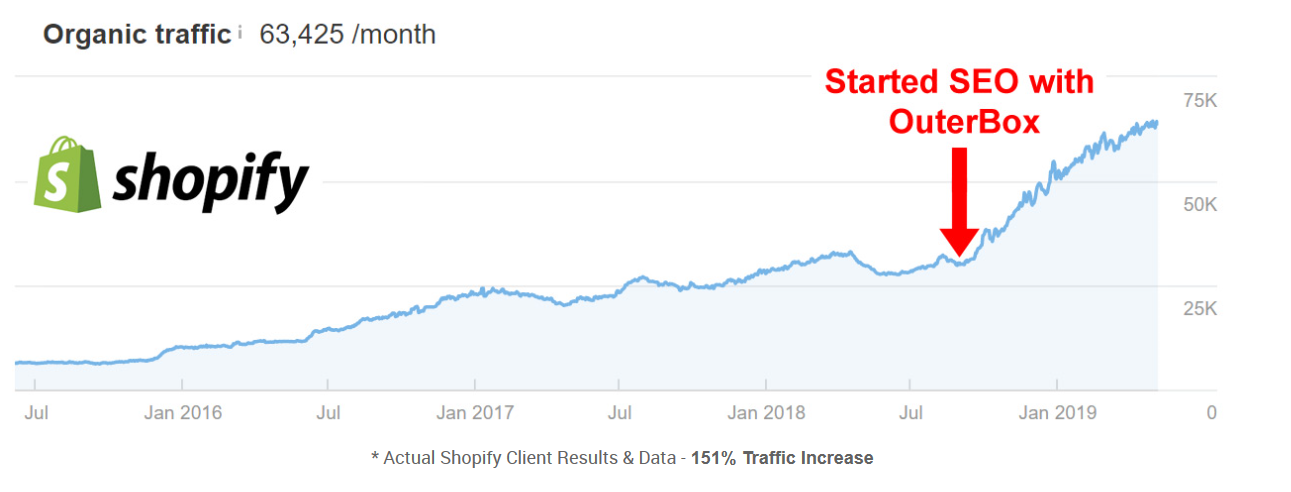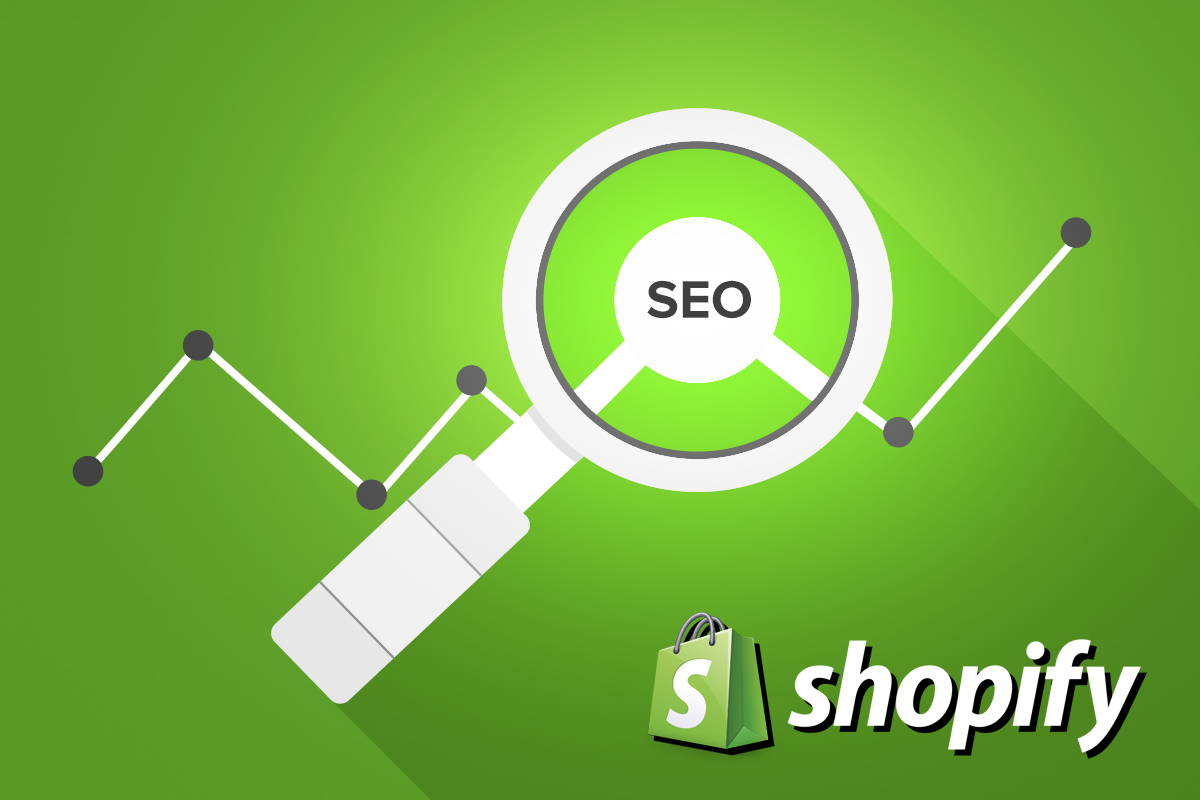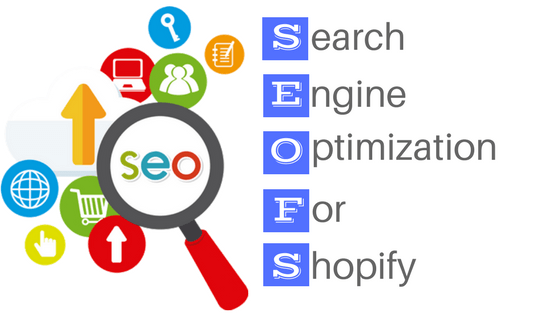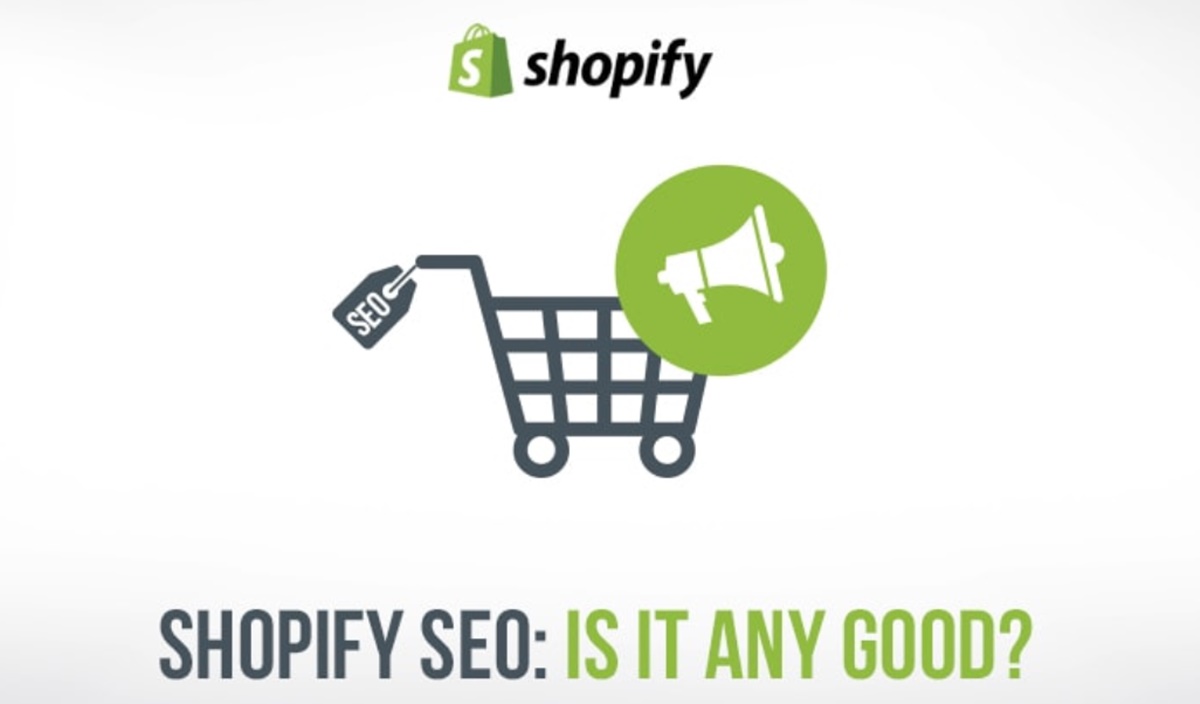Is Shopify Good for SEO? - A quick review for beginners
As the Search Engine Optimization is considered as the lifeblood of eCommerce shops, which is necessary for competing in today’s online landscape. With so many companies that are striving for the first place on Google, it is difficult for you to rank high. But what if you are using Shopify as your platform? Will your store rank higher place?
In general, Shopify will handle for you or give you the ability to optimize the basic SEO necessities and also a mobile-friendly design. In other words, is Shopify good for SEO? Does Shopify hit all the SEO basics? Come to this article and I’m sure that the information below will be helpful for you.
Why is SEO important for eCommerce business?
When it comes to SEO, the eCommerce platform can do so many things well, even with its foundational basics, which can help you with many features:
- SEO can provide you the ability to manage and update meta tags. Specifically, you will be given the short bit of text that describes each page on your site, together with the title tag and meta descriptions as well.
- SEO can help you automatically generate a sitemap for your store, which can tell the Google bots which URLs to categorize. In general, your Shopify can do a better job of creating the sitemap for you with the help of SEO.
- SEO can create 301 redirects, which will redirect traffic from one defunct URL to another without requiring your site to diminish search rankings.
- SEO also provides the ability to canonize URLs, so the Google bots can tell which one is the master version of multiple identical pages for you and your business.
- SEO can have influences on Intuitive User Interface (UI), which also decides the Shopify theme you use as well.

Is Shopify Good For SEO?
Shopify is one of the most popular content management systems for eCommerce businesses, with over 600,000 businesses using the platform. According to the website ecommerce-platforms.com, Shopify SEO is chosen as one of the best with a score of 98 out of 100, while Shopify can help maximize the chances of your online store appearing in search results. However, everything comes with its pros and cons. So, follow the rest of the article to figure out in detail.
Shopify Good For SEO?
SEO is built around eCommerce
As SEO is built around the functionality of Shopify’s online stores, which means the SEO is absolutely great for your online stores. The interface of SEO is so clear and easy to use, with all the tools provided to rank highly in regular, image, and shopping-specific searches.
Good site structure
Of course! SEO is about helping your website become more well-structured and easy-to-navigate as Shopify allows users to arrange sites with its categories, like products and services.
Automatic Sitemap and Robots.txt Creation
There is a literal list of pages on your website, which is called XML sitemap that assists search engines on a website. To go more in detail, Shopify will automatically create sitemap.xml files for a store and locates them at the store’s URL, and then Sitemaps are automatically updated when a new page, post, product or collection. All you need to do is to upload your sitemap to Google through Google Search Console, and you can get pages indexed as quickly as possible.
About Robots.txt Creation, your store’s robots.txt file blocks page content sometimes can reduce the effectiveness of your SEO strategy. In your store’s primary domain name, Shopify will automatically create this file at the root directory of it and at the same time, including rules to block pages that might cause duplicate content as well.
Automatically Generated Canonical URLs
As there are more and more problems of having the same product appear under different URLs from many online stores, the Search Engines will contribute a great help in duplicating content and even penalizing a website for it. At the same time, Shopify automatically generates canonical URLs to point search engines to the original product page, which is effective in preventing any duplicate content issues.

Free SSL Certificate
With the SSL certificate, you are allowed to get more secure connections from a web server to a browser via the HTTPS protocol. What is more, there is the fact that 84 percent of users would cancel their purchase if there is any wrong with their data’s secure connection.
So, having an SSL certificate is a recommended way to boost your conversions and check off an important SEO box. In fact, with the hosted eCommerce solutions, you’ll have to purchase an SSL certificate and pay hundreds annually to keep it. But when it comes to Shopify, a free SSL certificate is included that uses standard 256-bit encryption technology.
Title Tags with Meta Descriptions and URLs
Title tags, meta descriptions, and URL handle are the factors that can optimize your on-page content to improve your website’s online visibility the best. It is also easy to be edited in the Shopify admin dashboard as well.
The good news is every page, product, collection and blog post can have their title tags optimized for certain keywords with SEO. Also, meta description tags but is a great opportunity for increasing your click-through rates even though they aren’t directly used for rankings.
Image Optimizations
Image Optimization is very importing in attracting shoppers browsing Google Images to increasing site speed of your online store. When Shopify allows users to modify image file names and add their own alt text, so it is important to add descriptive alt text that includes keywords you’re trying to target. Also, Shopify automatically compresses images to reduce file size, which helps your site to load faster.

Shopify Bad for SEO?
Unnecessary URL Folders
Shopify URLs are commonly structured in such a way to include /pages, /products, /collections, /blogs, and more in the URL path. This is considered to be user-friendly, at the same time, able to type out a URL and support you add an unrelated keyword to the URL structure and lengthen it. When it comes to SEO, shorter URLs are often preferred to users. Shopify will remove these folders a hosted platform, hacky URL rewrites will not work.
However, it is not certainly ideal, and also a small SEO problem in the Grand scheme of things. You can also optimize the URL handle to control for relevant keywords.
Locked Sitemap and Robots.txt
In some cases, a sitemap is automatically generated, which makes indexing recent pages, products, and posts a short breeze. Unfortunately, it doesn’t video or image sitemaps are often not created. With some hidden sitemaps, it might make your indexing of Visual content more complicated. Some of these drawbacks can be corrected with some of the third-party Shopify apps like Image Sitemap.
Also, Shopify can not create robots.txt file even if it is already mostly optimized to work the best possible way with search engines. However, you can make your pages hide and not to be included in your robots.txt file by using meta robots index tags on particular pages.
In order to exclude a specific page, you can paste the following code in the <head> section:
{% if handle contains 'page-handle-you-want-to-exclude' %}
<meta name="robots" content="noindex">
{% endif %}

Duplicate Content from Filtering with Product Tags
When there are many products on an eCommerce store, it might require filtering to help a user navigate items quickly and efficiently. On Shopify, filtering is often based on product tags. Learn more about Shopify Product Tags SEO
But why is this thing not good? You have to understand, whenever every new product tag is created, a new URL is also formed by appending the tag to the collection handle. For example: /collections/main-category/product-tag.
In many sites that have many collections, a duplicate content issue can be created. And then, when a site that has too many duplicate pages compared to unique pages, Shopify will not allow canonical tags to be edited on a page by page basis, that’s why your theme.liquid file might have to place a snippet of code in it, with a view to indexing these pages and pointing them to the main category.
Specifically, you have to go to the head element, and then replace this:
<link rel="canonical" href="" />
with the following line of code:
{% if template contains 'collection' and current_tags %}
<meta name="robots" content="noindex" /> <link rel="canonical" href="{{ shop.url }}{{ collection.url }}" />
{% else %}
<link rel="canonical" href="{{ canonical_url }}" />
{% endif %}
App reliant
Shopify is an eCommerce platform. It is also considered to be the gold standard for setting up shop online, and its SEO is based on that functionality so that SEO has all the features you need for your online stores to perform well in search.
Moreover, eCommerce is a big deal, with the big number of annual sales, it often pays to get your products online and in the mix. That’s why you need to think about SEO differently with the concern of eCommerce. Even though the fundamentals are the same, the thing of getting a page to rank well is totally different from the thing of getting a product to rank well. Consequently, Shopify structures its SEO around this fact, which makes SEO terrific for that purpose.
Shopify SEO Final Review

In conclusion, Shopify is one of the best eCommerce platforms for SEO, and it is likely to be a great boom for your business. What few limitations it does have can mostly be corrected with 3rd party apps or custom code in your theme.liquid. It’s hard to clarify whether Shopify SEO is good or bad. However, after the intensive check under Shopify’s hood, I believe that:
- Shopify sites have a wide variety of well-performing examples with SEO. So, Shopify SEO is really helpful in many cases.
- In my viewpoint, nearly 90 percent of Shopify users feel satisfied right when they use it. Additionally, they make it easier to control most of the on-page stuff.
- There might be an extra code when you want to control a lot of SEO customizations through apps without code.
- There are some SEO flaws, which are often identified to be mostly related to having an inflexible system. But overall, I am satisfied with their Shopify’s SEO capabilities.
35+ Best Shopify SEO Apps
I am pleased to introduce you to the 35+ Best Shopify SEO Apps list, which is picked manually by AVADA Commerce experts with the price ranging from 0 dollars to any level of fee. We have studied from hundreds of SEO reviews in the market (Shopify Apps Store, Shopify Apps) as derived from AVADA Commerce Ranking, which is using AVADA Commerce scores, rating reviews, search results, social metrics to sort a list out for you all.
Summary
As Shopify usage continues to grow year by year, it is increasingly important to understand the SEO implications that come with the platform. Even there are some flaws, Shopify SEO is still considered to be helpful in most cases. That means you have to consider the types and the criteria of your business before deciding to use it.
Hopefully, this guide has provided you with a lot of additional knowledge to help you to avoid SEO problems on Shopify and make your Shopify store be stronger in the search engines.
Related Posts:
New Posts






